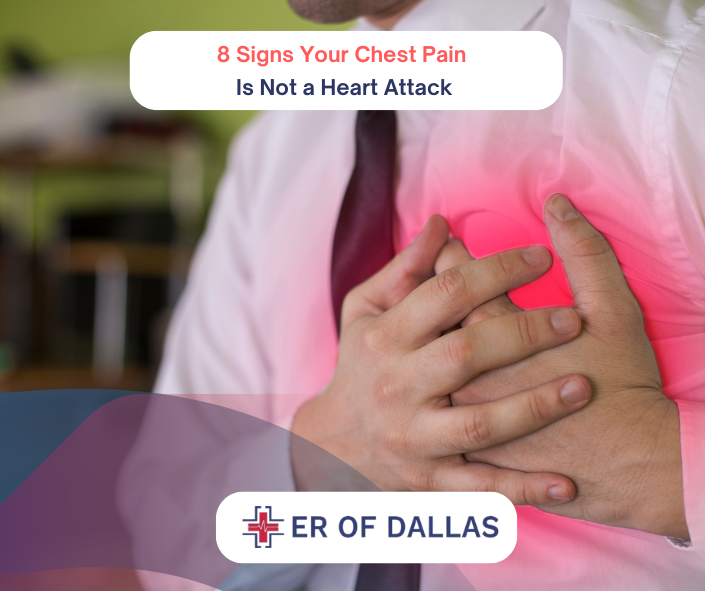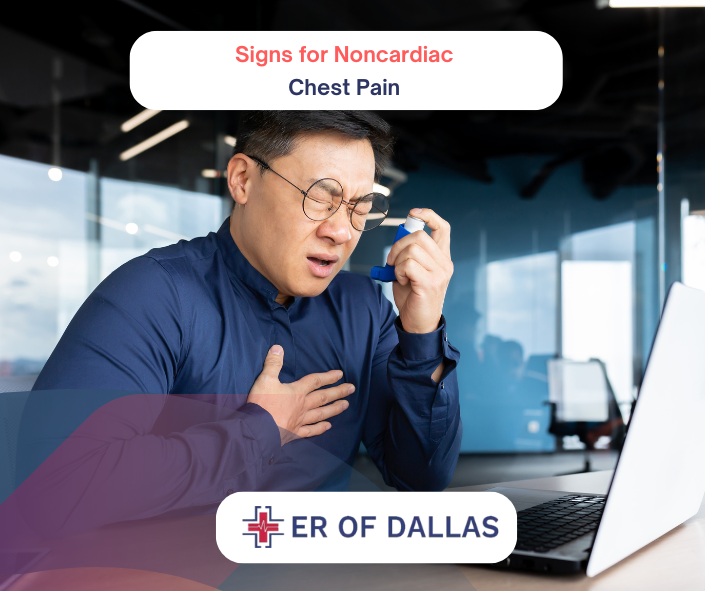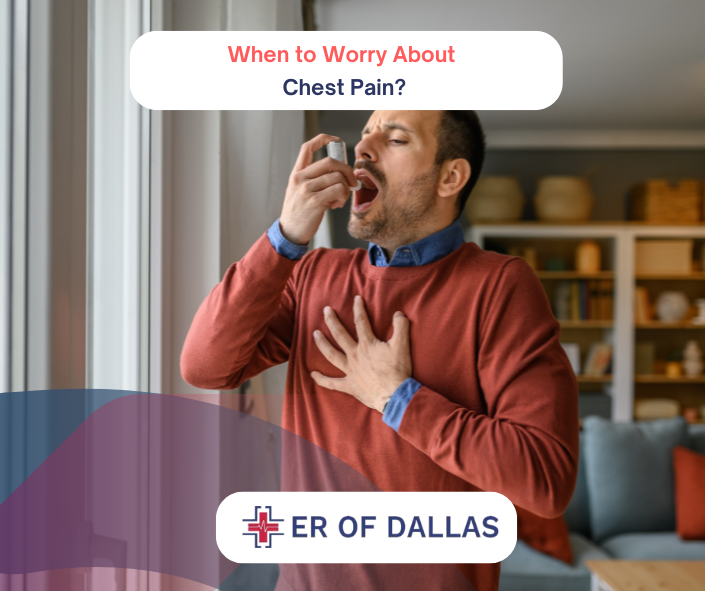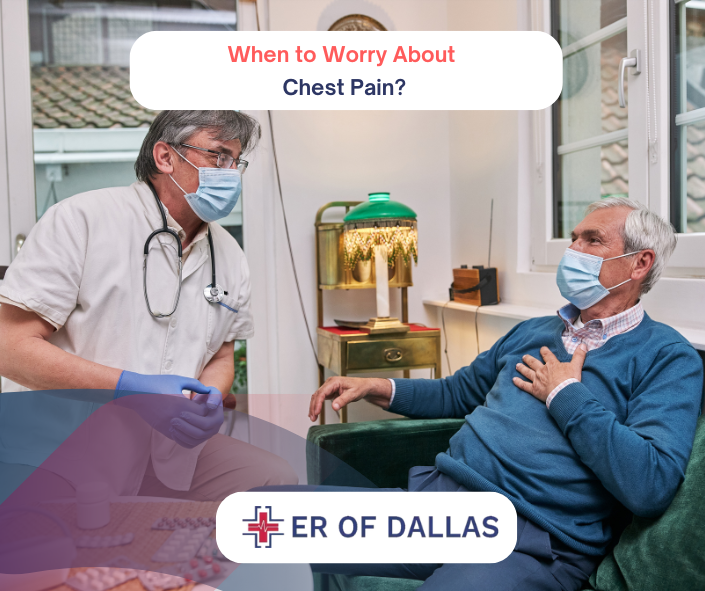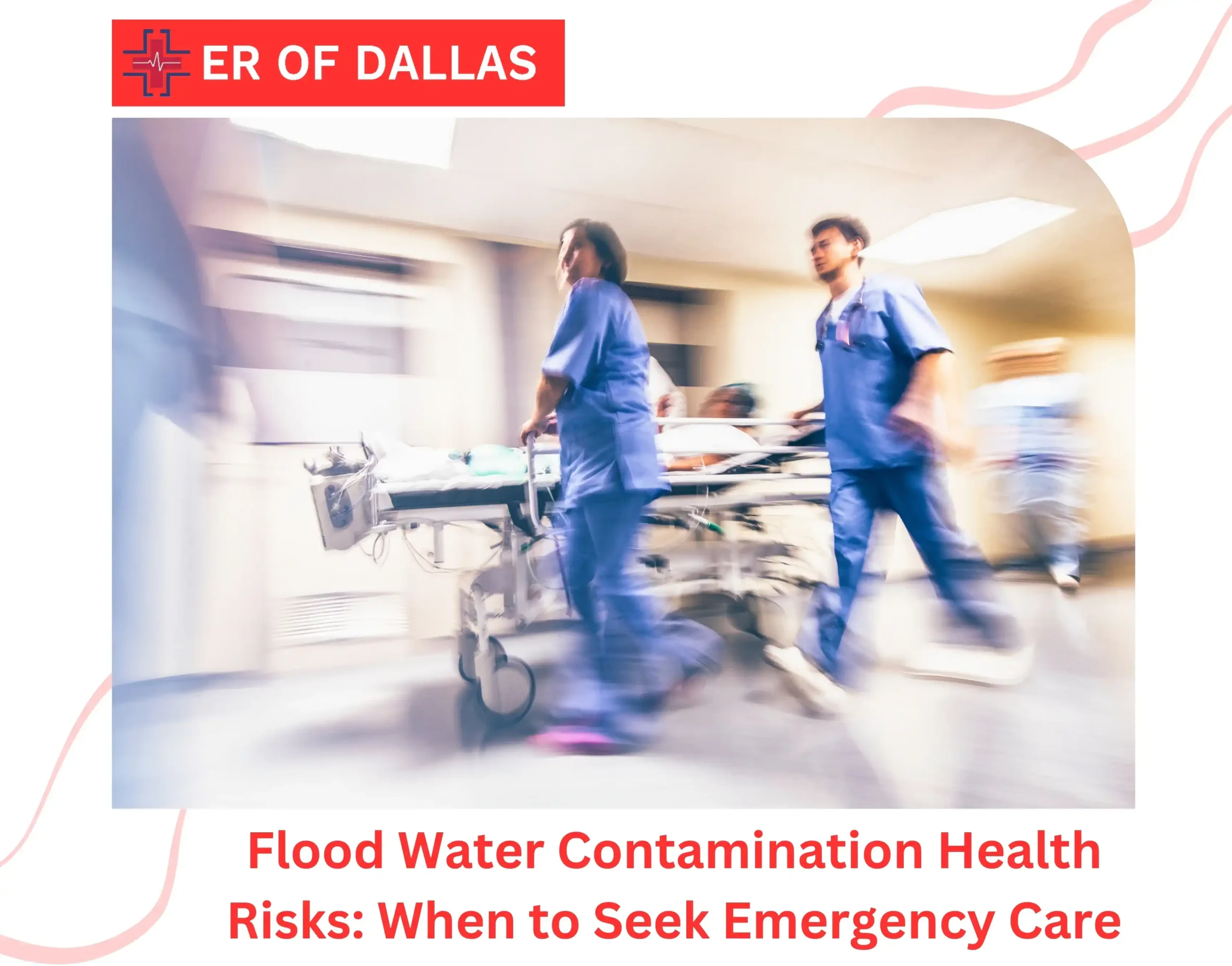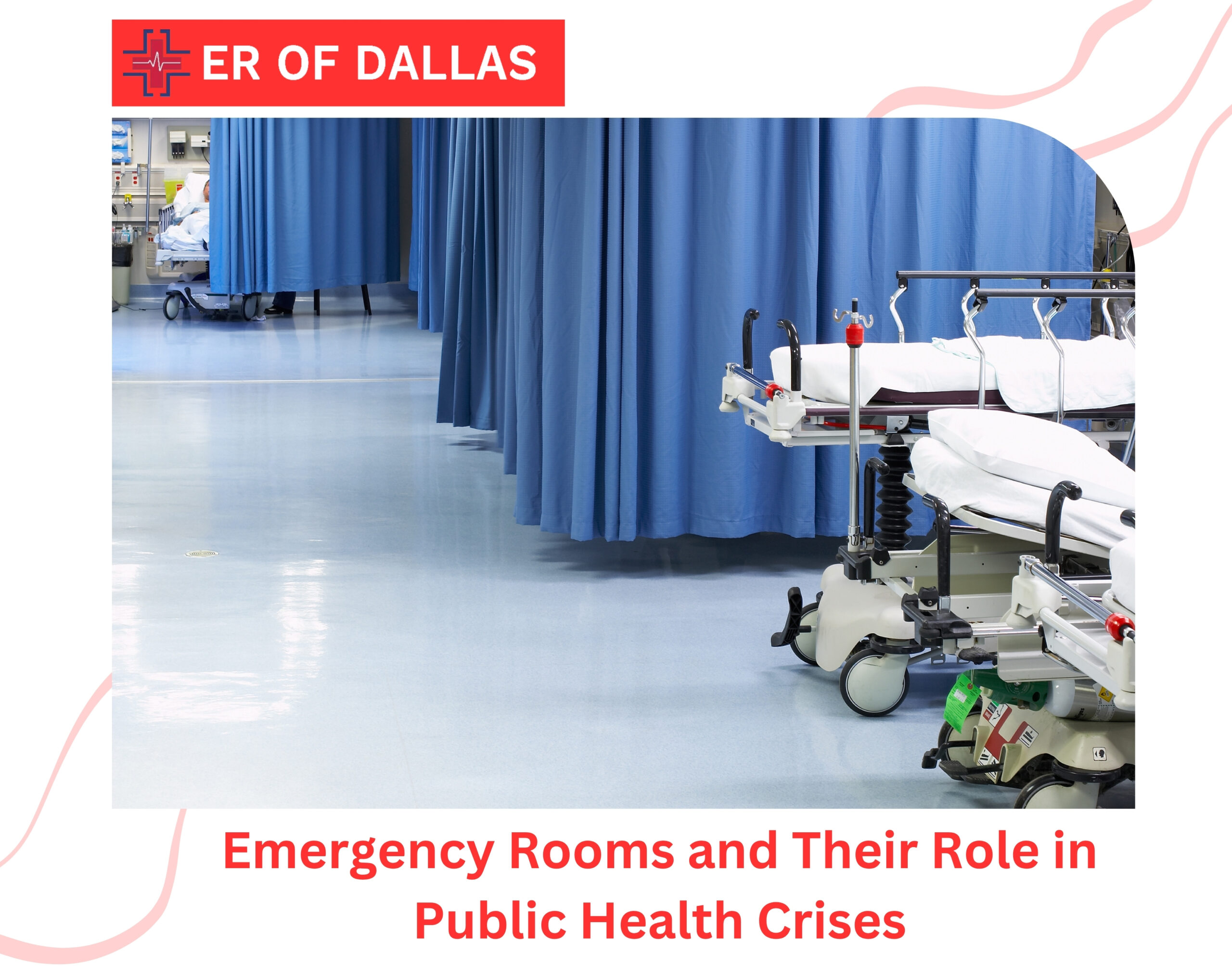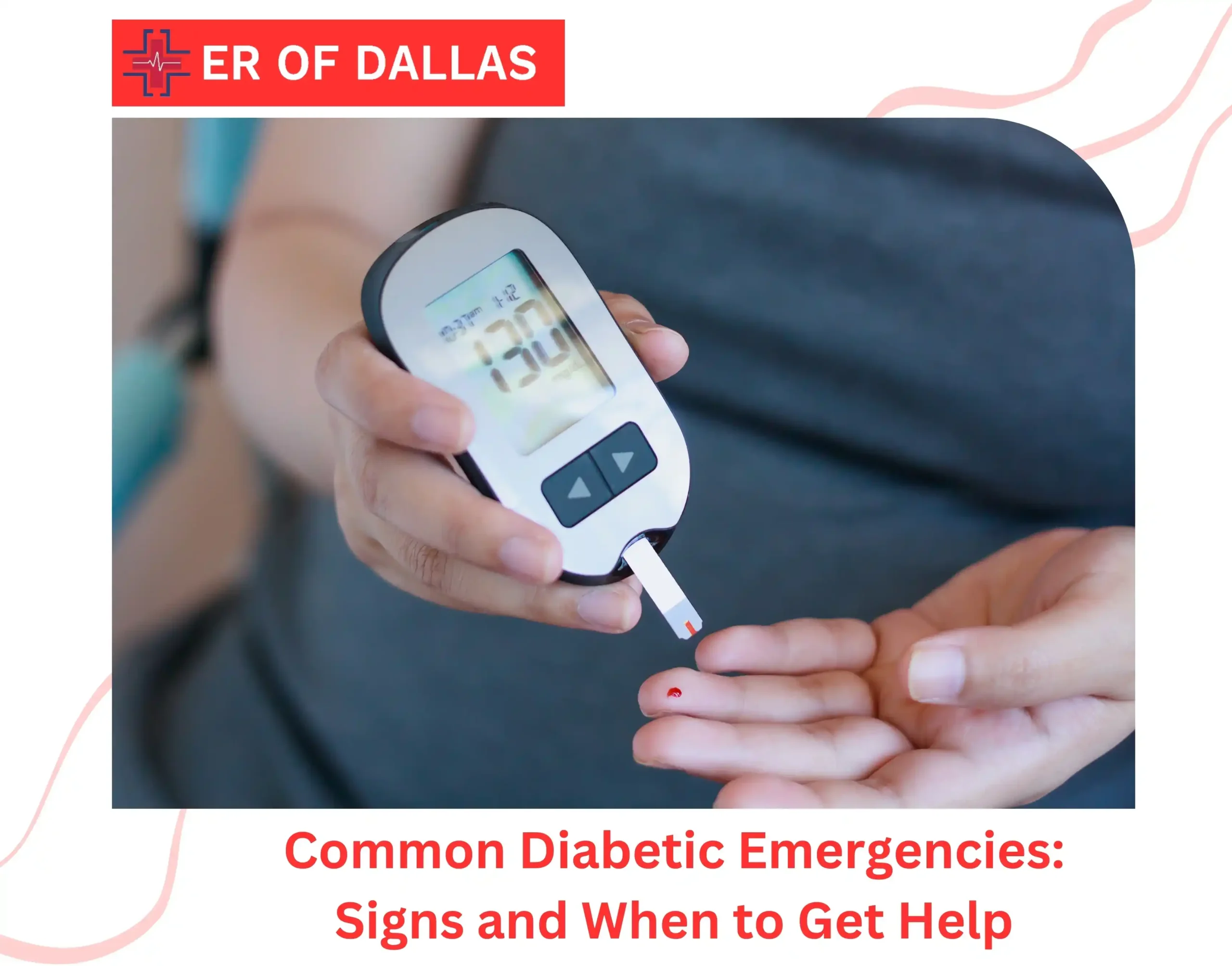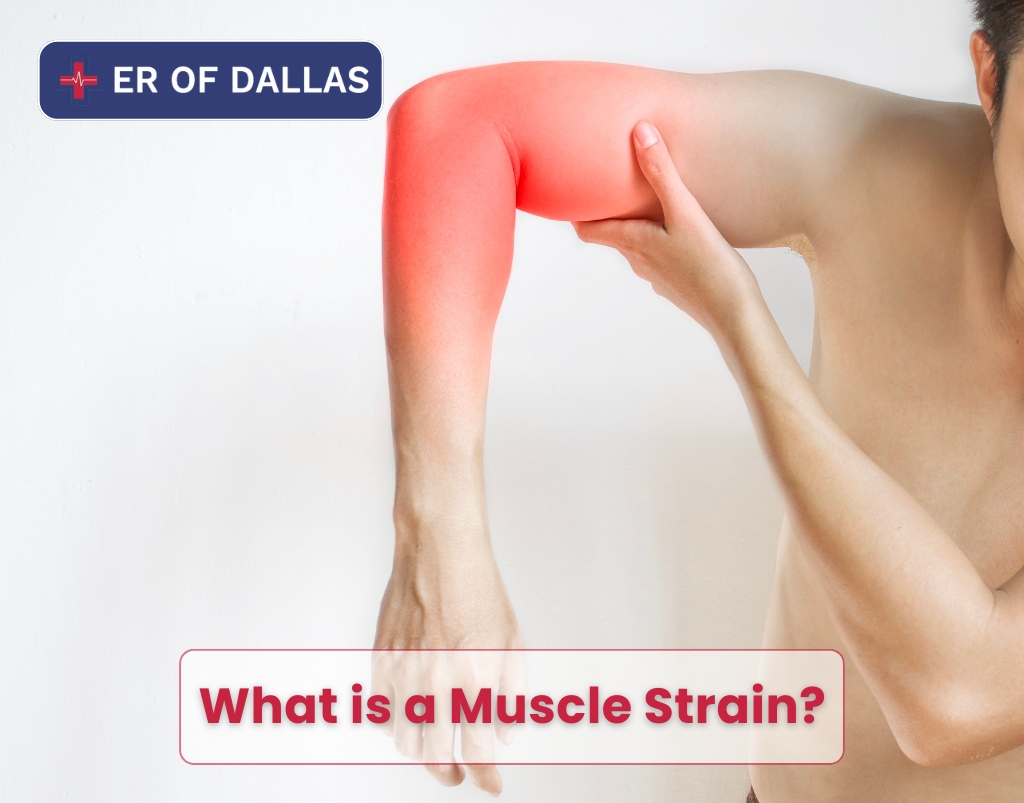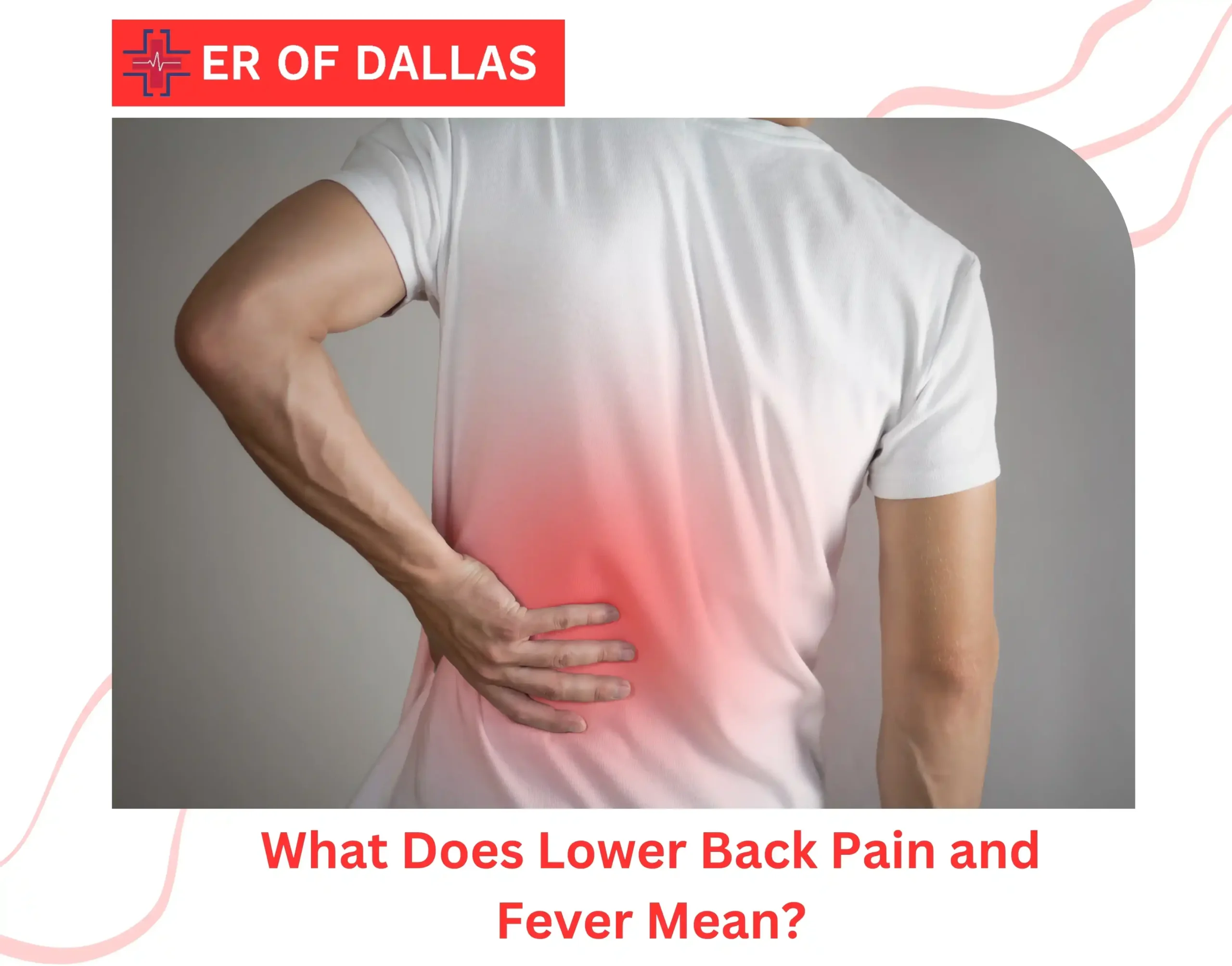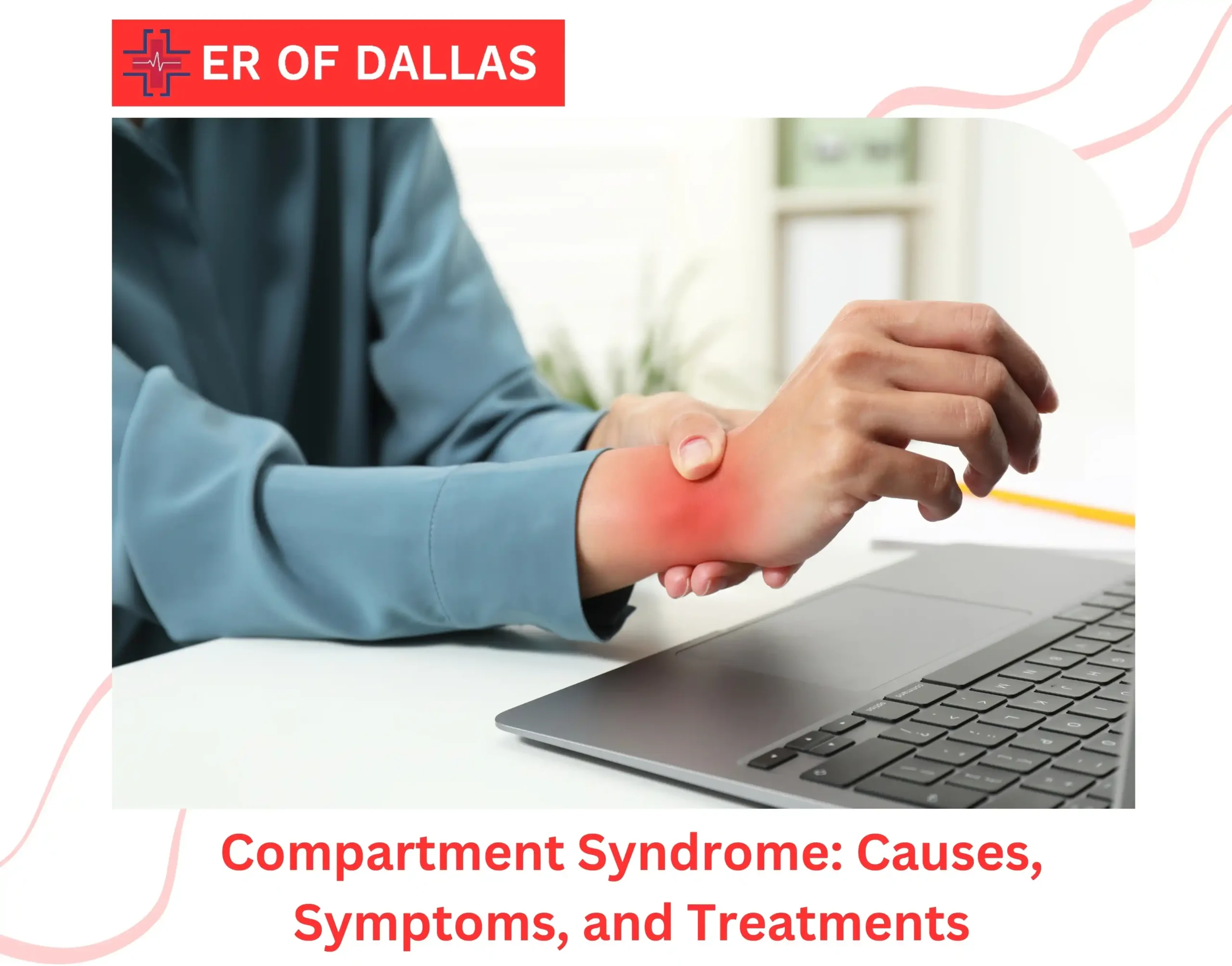Chest pain is a symptom that many associate with heart attacks, but there are numerous other potential causes. Common non-cardiac conditions like acid reflux, indigestion, and anxiety can sometimes mimic heart attack symptoms.
But how can you tell the difference? When should you rush to the ER, and when is it safe to wait and see?
This guide unveils 8 key signs that your chest pain might not be heart-related. Understanding these non-cardiac causes can help you better assess your condition and avoid unnecessary panic.
Comprehensive Guide to Chest Pain
Signs for Noncardiac Chest Pain
Localized Pain
Sharp, localized pain is often more indicative of a musculoskeletal or skeletal issue rather than a heart-related problem. This type of pain feels like a stabbing sensation in a specific area of the chest.
Heart attack pain, in contrast, tends to be more diffused, described as pressure or squeezing, and often radiates to other areas like the arm, jaw, or back.
Possible Causes:
- Muscle Strain: Overexertion or sudden movements can lead to muscle strains or injuries in the chest area. For example, lifting heavy objects or making abrupt movements can cause sharp pain in the chest muscles.
- Rib Injury: A bruised or fractured rib can cause sharp, localized pain that worsens with movement or pressure. This type of pain is usually felt directly over the injured rib and can be aggravated by breathing or coughing.
Pain Worsened by Movement or Breathing
If your chest pain becomes more intense with movement or deep breathing, it may indicate a musculoskeletal or lung issue rather than a cardiac problem.
Unlike heart attack pain, which is typically constant and not affected by physical activity or breathing, pain that worsens with movement or deep breaths might point to other causes. Heart attack pain is generally described as a persistent, dull ache or pressure.
Possible Causes:
- Pleurisy: Inflammation of the lung lining can lead to sharp pain that worsens with breathing or coughing. This condition often follows a respiratory infection and makes each breath painful.
- Musculoskeletal Issues: Conditions such as costochondritis (inflammation of the cartilage where the ribs meet the breastbone) can cause pain that increases with movement or deep breaths. This type of pain is often localized to a specific area of the chest wall.
Burning Sensation
A burning sensation in the chest is often linked to heartburn or acid reflux. This discomfort typically feels like heat or a burning sensation behind the sternum.
While heart attacks typically present with pressure or squeezing, heartburn or acid reflux pain often improves with antacids or after eating.
Possible Causes:
- Acid Reflux: Stomach acid rising into the esophagus can cause a burning sensation in the chest, commonly occurring after meals or when lying down.
- Heartburn: Similar to acid reflux, heartburn is caused by acid irritating the esophagus, leading to a burning sensation. It can be triggered by certain foods or beverages.
Indigestion
Chest pain related to eating habits is often accompanied by other gastrointestinal symptoms, such as bloating or gas. In contrast, heart attack pain is less likely to be linked to meals and usually does not improve with remedies intended for digestive discomfort.
Possible Causes:
- Gastroesophageal Reflux Disease (GERD): Chronic acid reflux can cause persistent chest pain along with other symptoms like nausea and a sour taste in the mouth.
- Indigestion: Overeating or consuming certain foods can lead to temporary chest discomfort and digestive upset, often accompanied by bloating or a feeling of fullness.
Shortness of Breath During Activity
Experiencing shortness of breath primarily during physical activity rather than at rest can indicate a lung issue or other non-cardiac causes. Unlike heart attack symptoms, which often involve shortness of breath at rest along with severe discomfort or chest pressure, causes of noncardiac chest pain may be triggered by physical exertion. This type of shortness of breath is generally not linked solely to activity.
Possible Causes:
- Asthma: Physical exertion can trigger asthma symptoms, leading to breathlessness and chest discomfort. Asthma symptoms often include wheezing and difficulty breathing during exercise.
- Chronic Obstructive Pulmonary Disease (COPD): Activities that strain the lungs can exacerbate symptoms in individuals with COPD. Shortness of breath during exertion is a common symptom in this condition.
Anxiety or Panic Attacks
Chest tightness and discomfort can often be a symptom of anxiety or panic attacks. These episodes are characterized by a feeling of tightness or pressure in the chest, along with anxiety or stress.
Cardiac-related pain is usually more severe and persistent, while anxiety-induced chest pain often accompanies other signs of anxiety, such as rapid breathing and nervousness.
Possible Causes:
- Panic Attacks: Can cause intense episodes of chest pain, rapid heartbeat, sweating, and feelings of impending doom. Symptoms often include shortness of breath and a racing heart.
- Anxiety Disorders: Chronic anxiety may manifest as chest discomfort or tightness, often accompanied by other symptoms like nervousness or trembling.
Intermittent Pain
Chest pain that comes and goes, rather than being persistent, is less likely to be related to a heart attack, which generally involves ongoing and severe discomfort. Heart attack pain is usually more constant and severe, often lasting for more than a few minutes without relief. It does not typically fluctuate with daily activities or positions.
Possible Causes:
- Muscle Strain: Pain from a pulled muscle or strained rib may fluctuate depending on activity levels or movement. It might come and go based on the intensity of activity or position.
- Digestive Issues: Intermittent pain might be linked to digestive processes, such as gas or bloating. This type of pain often varies with meals and digestive activity.
Respiratory Symptoms
Chest pain that accompanies cold or flu symptoms, such as coughing or a sore throat, is more likely related to a respiratory infection than to a heart attack. While respiratory infections can cause chest discomfort, this pain typically occurs alongside other cold or flu symptoms and is less likely to be indicative of a heart attack.
Possible Causes:
- Respiratory Infections: Conditions like bronchitis or pneumonia can cause chest pain related to coughing or deep breathing. This pain is often accompanied by other symptoms, such as fever or congestion.
When to Worry About Chest Pain?
Chest pain can have various causes, but distinguishing between chest pain vs heart attack is crucial for appropriate care.
- Severe or Persistent Pain: If chest pain is intense or lasts more than a few minutes, it could indicate a heart attack. This pain may radiate to the arms, back, neck, or jaw, differentiating it from less serious types of pain.
- Shortness of Breath at Rest: If chest pain is accompanied by shortness of breath while at rest, it could signal angina or a heart attack. This combination of symptoms is serious and warrants urgent medical evaluation.
- Sweating and Nausea: If chest pain is accompanied by sweating, nausea, or dizziness, it could be a sign of a heart attack and needs immediate medical attention.
- Presence of Risk Factors: For individuals with risk factors like high blood pressure, high cholesterol, smoking, or a family history of heart disease, chest pain should be taken seriously as it might indicate a heart attack.
- New or Unusual Pain: Any new, intense, or persistent chest pain that differs from your usual symptoms should be evaluated to rule out serious conditions such as a heart attack.
At ER of Dallas, we understand the critical nature of chest pain and its potential causes. Our state of the art facility is equipped with advanced diagnostic tools, including cardiac enzyme and ECG tests, to deliver swift and accurate assessments.
We’re particularly vigilant with patients who have risk factors such as high blood pressure or high cholesterol. Our team of expert healthcare professionals is particularly vigilant with patients who have risk factors like high blood pressure or high cholesterol, and is committed to providing prompt and effective chest pain care.
Request an Appointment for Chest Pain Now
FAQs
Can chest pain go away on its own?
Yes, chest pain can sometimes go away on its own, especially if it’s caused by non-cardiac issues like muscle strain or indigestion. However, we recommend seeking medical evaluation to rule out serious conditions like heart attacks.
Is it OK to have chest pain sometimes?
Occasional chest pain may be harmless, such as from muscle strain or heartburn. However, if the pain is severe, persistent, or accompanied by other symptoms like shortness of breath, it’s crucial to seek medical advice to pinpoint its cause.
Where is heart pain located?
Heart pain is typically located in the chest, often behind the breastbone or on the left side. It may also radiate to the arms, back, neck, jaw, or stomach.

